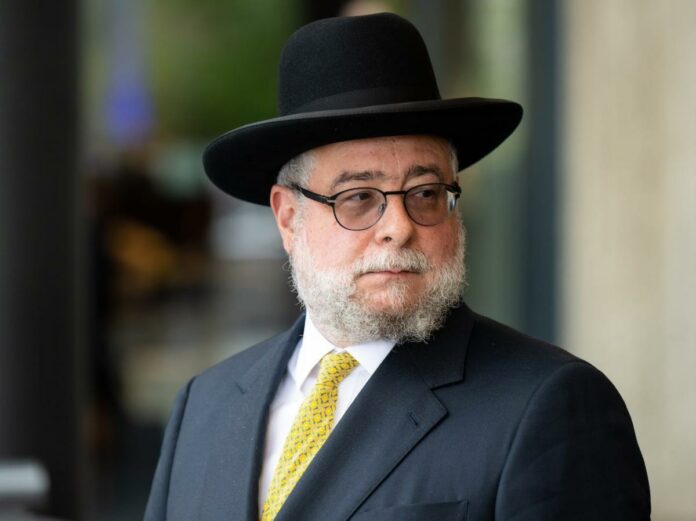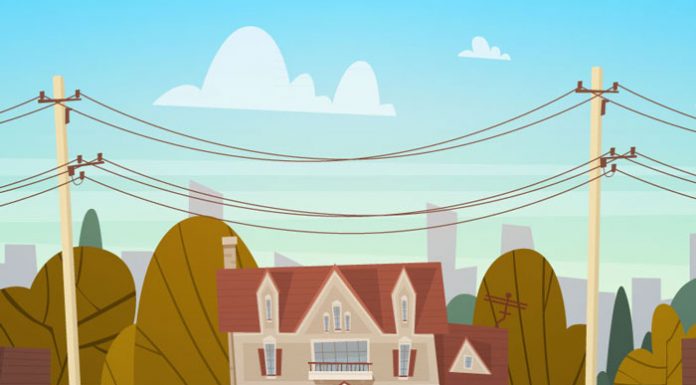Rabbi Pinchas Goldschmidt was the chief rabbi of Moscow from 1993 until 2022, and he served as rabbi of the Moscow Choral Synagogue from 1989. Since 2011, Rabbi Goldschmidt has also been serving as president of the Conference of European Rabbis (CER), which unites over 700 communal rabbis from Dublin, Ireland to Khabarovsk, in the Russian Far East.
In February 2022, following Russia’s invasion of Ukraine, Rabbi Goldschmidt left Russia and became an outspoken critic of the Putin regime. As a result, on June 30 of this year, the Russian Justice Ministry listed him as a “foreign agent,” the first rabbi to have been assigned that designation, which bars him from participating in many aspects of public life in Russia.
I spoke to Rabbi Goldschmidt this past week.
We had the great pleasure of hosting you in Ami’s offices in Brooklyn a few years ago, but your life has become a lot more complex since then. At the time, you were the chief rabbi of Moscow, but you have since resigned. What triggered that momentous decision?
It was the beginning of the war with Ukraine, towards the end of February 2022. The Russian government was trying to force religious leaders to support the war after they saw that it wasn’t going the way they wanted, and I refused. Then I decided that not supporting the war wasn’t enough, and when we got information about tens of thousands of Jewish refugees leaving Ukraine, I decided that we had to do something. Yiddishkeit is not a religion of words; it’s a religion of deeds, of mitzvos. At that moment, I understood that I had to leave the country.
Did you leave for your own safety?
No. While I undoubtedly would have ended up in jail had I stayed, I left primarily for the safety of the community. I was in Russia for 33 years, and I served as chief rabbi of Moscow for 29 of them. I was reelected a week before I left, but I understood that due to the KGB’s successor, the FSB (Federal Security Service of the Russian Federation), which controls every aspect of life in Russia, I would be putting the community in a very dangerous and untenable position by staying in the country. I felt that I couldn’t endanger the community, and that I had to give up my position.
You were criticized when you left even by those who supported your move. I remember you did a television interview with a journalist in which you said that you had made a decision of conscience. That prompted the interviewer to ask why you chose to step down because of the war with Ukraine rather than after other earlier atrocities committed by Russia. I’d like to give you an opportunity to address that.
I gave one answer at the time, but I would like to give a better answer now. I felt that this new situation made the future of the Jewish community impossible. Jews can live under an autocratic regime, but they cannot live under a totalitarian regime in which human life has no value. I’m not the only one who should be asked this question. Why didn’t the whole world speak out against Putin earlier? Up until then, everyone was in awe of the success of the Russian government. But what happened after Putin came to power was a slow return to the Soviet Union.
I arrived in Russia right before the fall of the USSR in 1989, when it was impossible to read a Western newspaper or make a phone call outside of Russia. The Soviet Union was in total isolation, and millions of Jews were trying to get out as quickly as possible. They looked at me like, “We’re trying to leave and you’re first coming here?” Last year, I could sense that Russia was returning to the Soviet era, but without communism.
And you sensed this when the war began?
I did.
To read more, subscribe to Ami





















